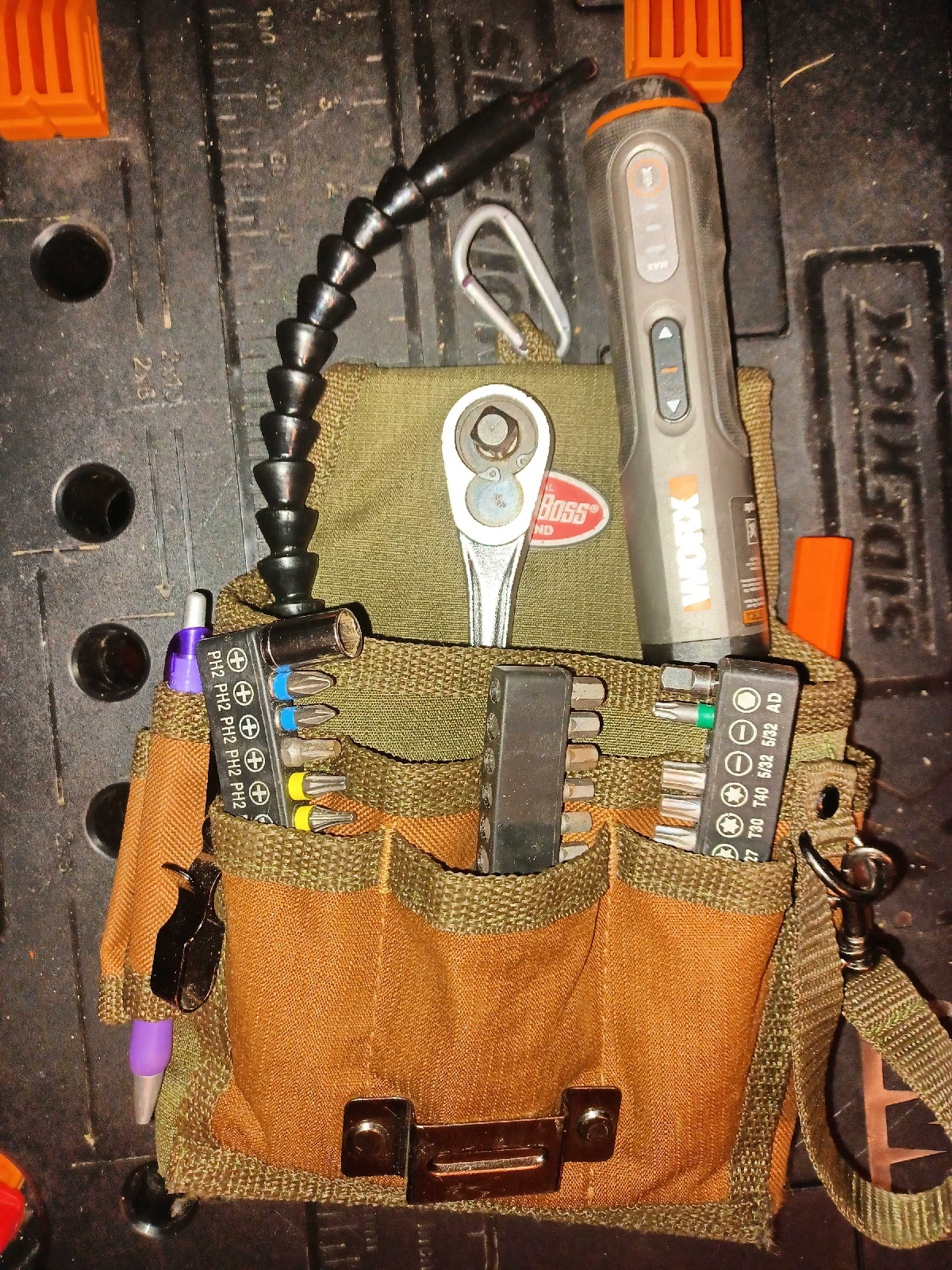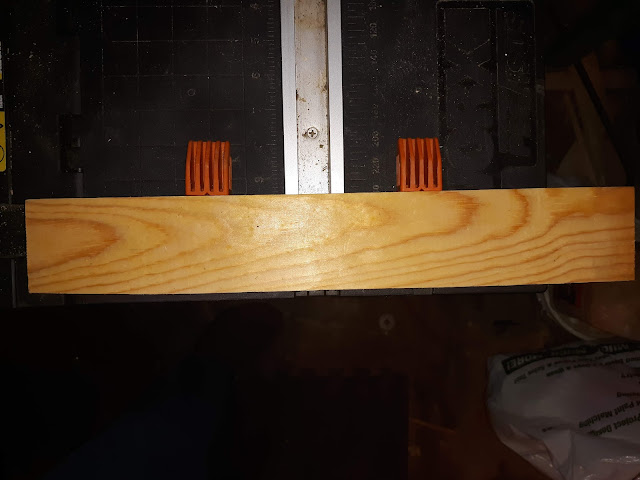Quality Tools
Many reviewers like to make distinctions between classes of tool users or tool use environments, and suggest that certain brands fit those use environments singularly.
For example, they focus largely on trades and general contractor builders as "professional". Thus, nothing else that is a tool not designed to that use environments, or those working in that environment, are "pro's".
Which is obviously horse hockey. We know it and they know it.
What ANY tool user is looking for is a quality tool that us within their affordable range for what they use it for.
I would argue that there are at least 3 types of "professionals", all of them using tools as part of a job they get paid to do. The areas are manufacturing/ production generally done in a factory setting, building/fabrication done on location or in a specialty shop for a specific job or project, or technicians that assemble, install, repair, or otherwise perform specific tasks related to a customer service field.
All of these require tools that are durable and capable of meeting a performance range of common tasks of a typical day or job. Each of those is slightly different as the demands for each of the 3 vary in intensity of use.
Manufacturing/ production uses tools continuously, almost monotonously, over not just one shift, but potentially across multiple shifts. Their tools must be highly durable and easily repairable. They have to stand up to constant use.
Building/fabrication uses tools that must be durable because they not only have to perform in dirty and "in the rough" environments, but also used across a span of 8 to 12 hours persistently by apprentices and people who are frequently careless or less well trained on tool use.
Technicians often become very highly trained and skilled in tool use, and often careful in use of the tools though the tools are used less intensely and more sporadically. Not having the excessive continuous hours of use.
All of them have durability as a primary, if not the most primary feature looked for in a tool. Power is usually second because it has to handle a range of tasks but other versions of those tools at different power levels exist for the special cases requiring lesser or greater power.
Any use environment not in those "professional" areas often don't have the same durability requirements meaningvthe materials they are made of can be less substantial, thus costing less. They aren't intended for high or intense use situations. They still need to meet the need of the intended use environment.
Many a "hobbyist" exerts as much skill and knowledge in what they work on as any professional. They just often do so in a less demanding way. The tools they use may be the exact same in terms of power and use potential as any of the professionals. But the environments may be less hard or detrimental to the tools as a professional environment is.
So, back to quality tools. What does quality really mean? It's up to the user. The professionals need the durability and power to make their time doing what they do as profitably as possible. If it's not contributing to profitability, it's literally losing money for them. No one works to lose money.
So quality to professionals ultimately equates to profitability. Quality to a not professional use case may usually relate to higher expectations and standards in tool performance as relates to affordability. Meaning, they get the best tools they can afford because they don't expect to make money but they don't want it to be a waste of money either.
So, can say, Craftsman tools be "professional" level or quality tools? Absolutely. But they might in terms of durability fit better to the less intense environment of the technicians rather than the manufacturers and builders who use tools more roughly and intensely.
They still offer a very good level of durability if used carefully (not recklessly) and they possess the power to do the very specific tasks technicians do.
In fact, ANY tool with a lifetime guarantee or long warranty period is likely a quality tool because it's made to be used by untrained hands, less skilled hands but the cost of replacement per the guarantee is built into the price.
I'd suggest that any tool that does not have a lifetime guarantee/ long warranty is a low(er) quality tool made to be replaced relatively cheaply.
So, brand names notwithstanding, if you make money on a job or business you need tools for, look for tools and brands offering lifetime guarantees and long warranties within your budget. With battery powered tools add a greater diversity of tools that use the battery platform to factor in to your decision.
Tools with no or short guarantees or worthwhile warranty (~1 year or less) should not be considered a quality tool and are essentially "one-offs" just to do a single task or project.
Tools that are somewhere in between in regards to guarantee and warranty (~2 or 3 years) should be considered placeholders if used professionally or, as the three bears taught us, "just right" for hobby and home use that doesn't suffer the same intensity and rigors of use as a professional use environment requires.
So if it meets your use case needs, don't worry about what the brand fan boys say. They're just trash talking for "cool points" amongst themselves anyway.


Comments
Post a Comment